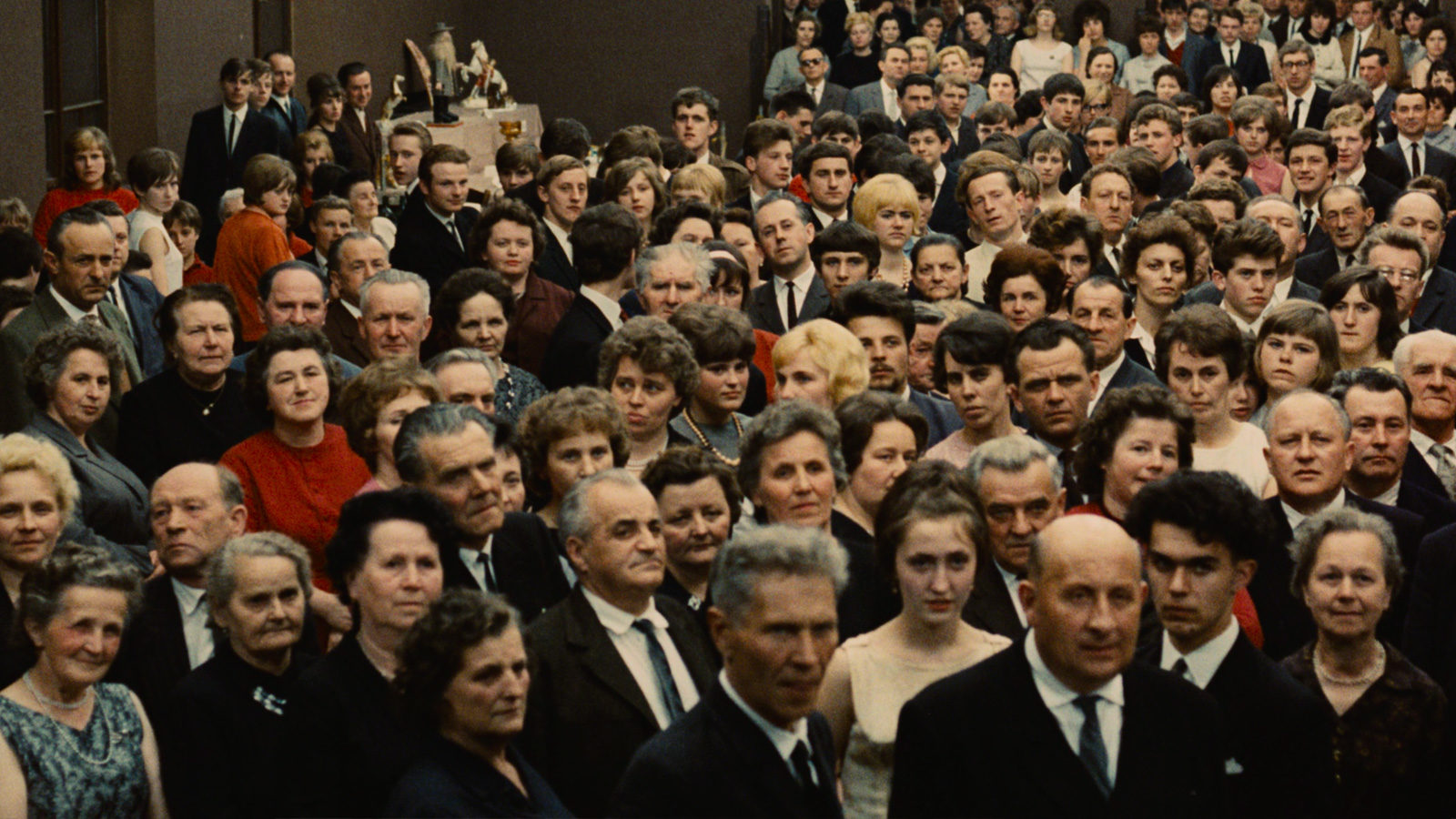The Firemen's Ball (1967) and Apparent Goodness
Forman's treatment of the firemen as symbols of inefficient bureaucracy and of the townspeople as a blasé society is wholly comedic yet subtle in its purpose as an allegory for society under communist rule. But although the firemen are depicted as old, gluttonous, lustful and largely incapable, they are also depicted as jolly and sympathetic figures. Forman's criticism lies moreso in the structure of bureaucracy and its effects rather than the people in power themselves.
At about the 50-minute mark in the film, an alarm blares, barely cutting through the chaos of the ball. The firemen respond to the alarm with hushed tones and a twinkle in their eyes. Forman's framing of this scene would lead the audience to expect to finally see the firemen favourably, rather than as the bumbling and incapable fools they have been presented as.
Yet they don't. The old and unfit firemen clumsily shovel snow onto a house that is steadily being engulfed by flames as the townspeople watch. Bit by bit it becomes apparent that their efforts are mostly ineffective and ill-prepared. To them, it's their purpose and a reprieve from the madness of formality. But the excitement they experience is directly derived from another person's suffering. The townspeople watch silently, singing hymns to soothe themselves and engaging in prayer, helpless in watching as the blaze of fire completely consumes the house.
The film then shifts its lens towards the townspeople, choosing also to criticise the duplicity of society. The old man who had his house burnt down is brought to the ball by the townsfolk, and in a show of sympathy and goodwill, they pool together their raffle tickets for the old man to win the prizes from the prize pool. Yet the audience at this point is aware that the same group of townspeople have been stealing from this very prize pool. And when it becomes clear that these prizes mean little to the old man (the gift they give is not money for repairs but consumables and novelties), there is a hushed and embarrassed silence in the room.
All people are caught up in the image of goodness, yet under the surface we are all subject to vice and improper thoughts and conducts. Being put into a position where you are held to a higher standard and in charge of a greater social responsibility will not always produce results, and this is especially so if we are wholly preoccupied with our image and decorum.
Originally posted on Letterboxd on 18th March, 2024

Comments
Post a Comment